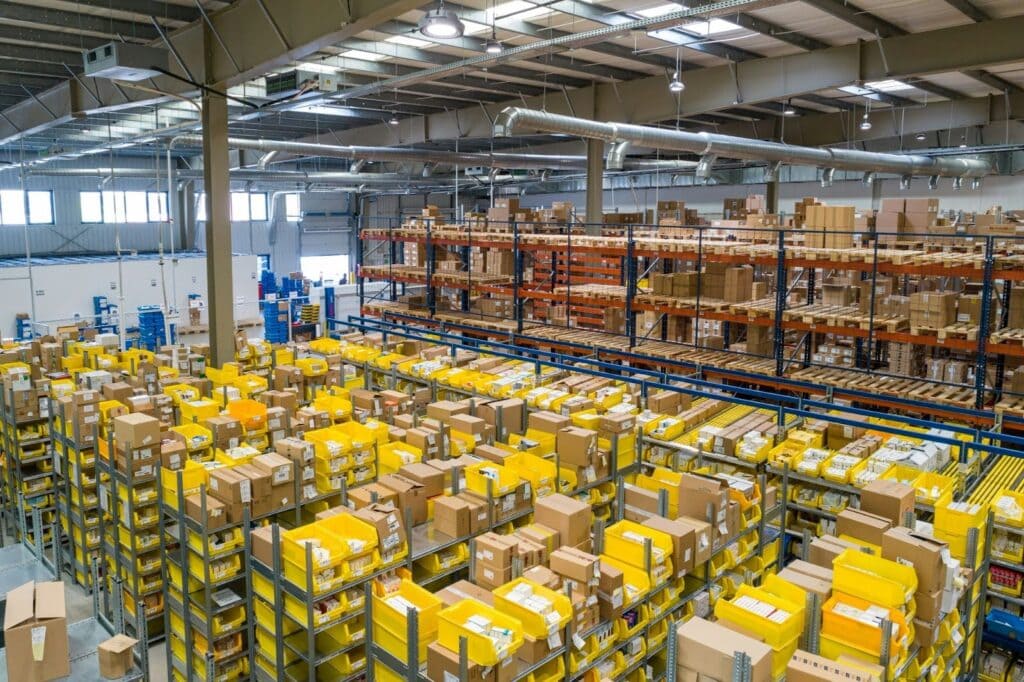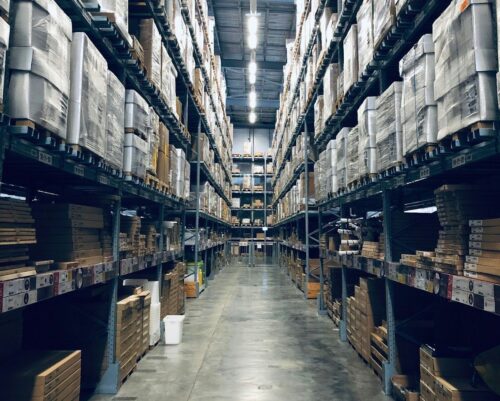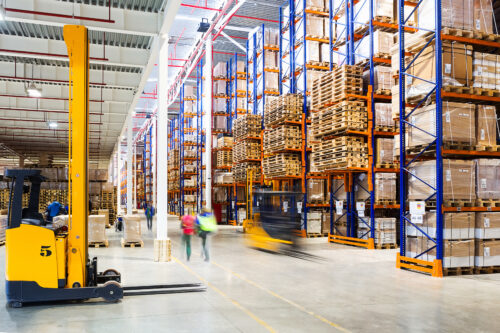

Flexible warehousing stands at the forefront of modern logistics, offering scalability, cost savings, and operational efficiency. It empowers businesses to swiftly adapt to changing market demands and seasonal fluctuations without the long-term commitments of traditional warehousing.
In an era where customer demands shift as quickly as the tides, the traditional warehousing model is being outpaced. Enter flexible warehousing, a dynamic warehousing solution tailored to meet the fluctuating demand of modern businesses.
This innovative approach offers location flexibility and cost-effective options for storage needs and adapts to seasonal demands, short-term contracts, and various industries. This guide will explore flexible warehousing services, from scalability and reduced costs to improved inventory management.
Whether you’re a new business looking for storage space options or an established company rethinking your warehouse strategy, here you’ll find everything required to effectively understand the flex warehousing market.
Flexible warehousing refers to a modern logistics solution that provides businesses with adaptable storage space, allowing them to scale their warehousing requirements up or down based on current demand without long-term lease commitments.
This model contrasts sharply with traditional warehousing, where companies typically enter into fixed contracts for space they might need to fully utilize, leading to inefficiencies and increased costs.
Traditional warehousing often involves long-term leases, locking businesses into fixed space and cost regardless of their changing needs.
Flexible warehousing, in contrast, offers short-term commitments, sometimes as brief as month-to-month, providing companies with the agility to adapt to market demand, seasonal peaks, or downturns without being burdened by excess space or unused capacity.
In traditional models, scalability is limited by the lease terms and physical space available. Flexible warehousing allows businesses to scale their storage space up or down quickly, responding to inventory needs without significant lead times or financial penalties.
Flexible warehousing is also typically accompanied by advanced technology platforms that facilitate real-time inventory management , seamless integration with order processing systems, and visibility across the supply chain.
This is a significant departure from many traditional warehouses, which may operate with dated technology or require businesses to manage their inventory systems independently.
Flexible warehousing is also known under several other terms, highlighting its adaptable nature:

Flexible warehousing revolutionizes how businesses approach their storage and distribution needs, offering unparalleled advantages.
Here are the key benefits that make flex warehousing a game-changer in the logistics industry:
The cornerstone of flexible warehousing is its ability to scale warehouse space up or down based on business requirements. This scalability ensures that companies can adjust their storage space without the constraints of long-term contracts.
This makes it ideal for businesses experiencing fluctuating demand or seasonal peaks. Flex warehousing provides businesses the agility to thrive in today’s fast-paced market.
Flexible warehousing introduces a cost-effective model by eliminating the need for long-term leases and reducing overhead expenses associated with owning or leasing warehouse space. Businesses only pay for their space and services, allowing for better control over storage costs.
This pay-for-use model is particularly advantageous for companies looking to optimize their expenses without sacrificing storage and distribution efficiency.
By leveraging flexible warehousing, companies enjoy enhanced efficiency in logistics services. The strategic locations of flex warehouses minimize transportation times and costs, streamlining the supply chain.
This efficiency extends to inventory management, where businesses can store goods closer to their customers, reducing delivery times and improving customer satisfaction.
The ability to quickly adapt to market demands is a significant benefit of flexible warehousing. Businesses can expand or reduce their own warehouse space in response to market changes, ensuring they can meet customer demands without delay.
This responsiveness is crucial for maintaining competitive advantage and meeting consumer expectations in a dynamic market environment.
Flexible warehousing often includes access to the latest in logistics technology , offering businesses an edge in inventory and warehouse management. This technology enables more accurate tracking of goods, improved inventory accuracy, and better decision-making capabilities.
By leveraging these advanced technologies, companies can ensure their logistics services are as efficient and effective as possible, further enhancing their competitive position.
Choosing the right flex warehouse provider is crucial for businesses leveraging flexible warehousing.
Here are key features to consider:
Before entering into contract warehousing, it’s essential to inquire about contract terms, scalability options, and additional services. Understanding these elements upfront can save your business from future headaches and ensure the flex space aligns with your warehousing needs.

Integrating flexible warehousing into a business’s supply chain strategy requires a clear understanding of the company’s objectives and how flex warehousing can support them. Aligning flexible warehousing solutions with overall business goals ensures that the additional space and services provided enhance operational efficiency and customer satisfaction.
Businesses that benefit most from flex warehousing often include those with:
For these companies, flexible warehousing offers a way to adapt quickly to market changes, manage inventory more effectively, and avoid the long-term commitments and expenses associated with traditional warehousing solutions.
By carefully selecting a flex warehouse partner that aligns with their strategic needs, businesses can store, manage, and distribute products more efficiently, ultimately supporting their growth and customer service objectives.
Flexible warehousing stands at the forefront of modern logistics, offering unmatched scalability, cost savings, and operational efficiency. It empowers businesses to swiftly adapt to changing market demands and seasonal fluctuations without the long-term commitments of traditional warehousing.
This adaptability is crucial for meeting customer expectations and managing inventory effectively. In the rapidly evolving business world, quickly adjusting is key to success.
Flexible warehousing provides the essential flexibility and technological edge businesses need to navigate these changes, ensuring they remain competitive and responsive in a dynamic market environment.